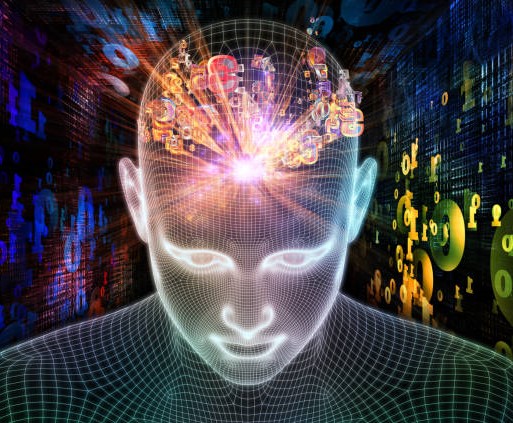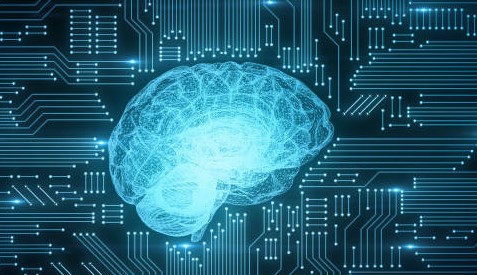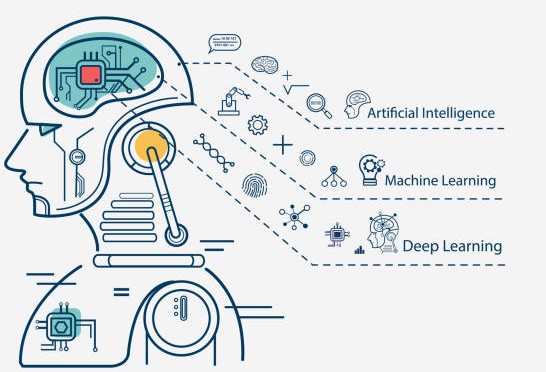Introduction
The concept of AI being able to read our minds may seem like something straight out of science fiction, but recent advancements in technology have made this idea a reality. The ability of artificial intelligence to interpret and predict human thoughts and emotions is a rapidly developing field, with potential applications in fields ranging from healthcare to marketing. However, the question remains: Can AI read minds, or is this just hype? In this article, we will explore the possibilities and limitations of AI mind-reading, including the scientific basis for these technologies and the ethical implications of such capabilities. We will delve into the current state of the art and the potential implications of this technology for society, as well as the challenges and limitations that researchers face in developing AI-powered mind-reading systems. So, let’s explore the fascinating world of AI mind-reading and separate fact from fiction.
The Possibilities and Limitations of AI Mind-reading
The possibility of AI mind-reading raises both exciting possibilities and serious ethical concerns. While some believe that this technology could revolutionize the field of mental health and provide a deeper understanding of the human mind, others worry about the implications for privacy and the potential misuse of such capabilities.
At its core, AI mind-reading relies on the ability of machines to interpret and analyze the neural activity in the brain. Researchers have made significant strides in this area, developing sophisticated algorithms and brain-computer interfaces that allow for direct communication between the brain and a computer. These technologies hold promise for treating a wide range of neurological and psychiatric disorders, from Parkinson’s disease to depression and anxiety.
However, the development of AI mind-reading also raises serious ethical concerns. The potential for misuse of such technologies, such as using mind-reading to invade privacy or manipulate individuals, is a major concern. Additionally, the accuracy of these technologies is still far from perfect, raising questions about their reliability and potential for harm.
As we continue to explore the possibilities and limitations of AI mind-reading, it is essential to carefully consider the scientific, ethical, and social implications of this technology. While the potential benefits are significant, it is equally important to ensure that we approach these technologies with caution and a clear understanding of the risks involved.
Potential Implications of this Technology
As the development of AI-powered mind-reading technology continues to progress, researchers and experts are increasingly considering the potential implications that such capabilities may have for society. On the one hand, AI mind-reading could be used to improve human communication and understanding, with applications in fields ranging from mental health to criminal justice. However, the development of such technology also raises serious ethical concerns, such as the potential for privacy violations and the risk of discriminatory practices.
One major challenge facing researchers in this field is the difficulty of accurately interpreting complex brain signals and translating them into meaningful data. Although advancements in machine learning and neural network algorithms have made it possible to detect certain patterns in brain activity, the brain is an incredibly complex organ, and there is still much that is unknown about how it functions.
Additionally, there are concerns about the potential for misuse of AI mind-reading technology. For example, there are fears that such technology could be used to manipulate individuals or violate their privacy, particularly in situations where individuals may not be aware that their thoughts are being monitored or analyzed.
Despite these challenges, researchers and developers continue to explore the potential of AI mind-reading technology, both for scientific purposes and for potential real-world applications. As the field continues to evolve, it will be important to consider the ethical implications of these technologies and to ensure that they are developed and used responsibly and transparently.
Thoughts
The possibility of AI-powered mind-reading systems is both exciting and daunting. While these technologies have the potential to revolutionize the way we interact with machines and with each other, there are also significant ethical concerns that must be addressed before they can be fully developed and integrated into society. The limitations of current AI technologies mean that mind-reading systems are still in their infancy, and there is much work to be done to refine their accuracy and reliability. As researchers continue to explore the possibilities and limitations of AI mind-reading, it will be important to strike a balance between innovation and responsibility, to ensure that these technologies are used in a way that benefits humanity as a whole.



